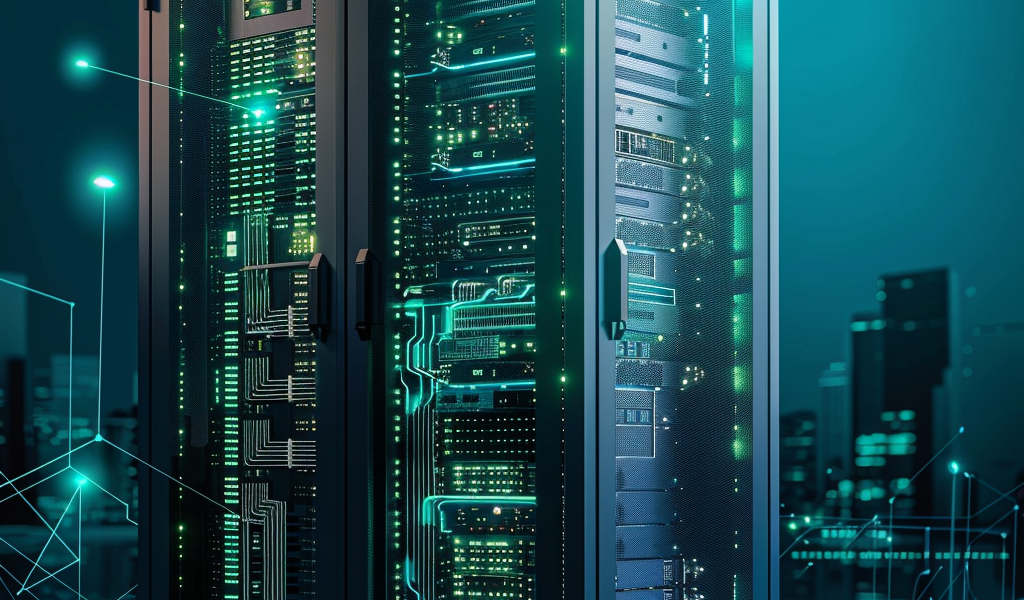In a significant shift for the tech industry, ATE Energy is projected to derive a substantial portion of its revenues from non-Taiwan businesses by the year 2025. This strategic pivot underscores the company’s efforts to diversify its revenue streams and reduce reliance on the Taiwanese market, which has traditionally been a stronghold for many tech firms.
As the global energy landscape evolves, companies like ATE Energy are exploring opportunities beyond their domestic markets. The anticipated increase in revenue from international operations reflects a broader trend among tech companies seeking growth in new regions. This strategy not only mitigates risks associated with market fluctuations in Taiwan but also positions ATE Energy to capitalize on emerging markets.
Meanwhile, another development in the tech sector is the bottleneck caused by cooling distribution units (CDUs) in the mass production of GB200 server racks. Reports indicate that long delivery times for these critical components have delayed the production schedule from the first quarter to the second quarter of 2025. This delay presents new opportunities for Taiwanese manufacturers, who may be able to step in to fill the gap left by the supply chain disruptions.
The GB200 server rack is a pivotal product for data centers, particularly as demand surges for AI-driven technologies. The cooling systems are essential for maintaining optimal operating temperatures, especially as servers become more powerful and energy-intensive. The challenges in the supply chain highlight the intricate dependencies within the tech industry and the need for robust solutions to ensure timely production.
In light of these challenges, companies are innovating to enhance cooling efficiency. For instance, Supermicro has partnered with Nidec to improve the cooling capabilities of their CDU systems, which are crucial for the performance of high-density servers. This collaboration aims to enhance the NVL72 cooling efficiency, ensuring that data centers can operate effectively even under increased loads.
As the race to cool AI technologies heats up, the demand for advanced liquid cooling solutions is driving a boom in liquid tech. The integration of innovative cooling technologies is becoming a key differentiator for data centers looking to maintain a competitive edge in the rapidly evolving landscape of artificial intelligence.
In other news, SK Hynix has recently developed the PS1012 U.2 high-capacity SSD tailored for AI data centers. This new solid-state drive is designed to meet the increasing storage demands of AI applications, providing faster data access and improved performance. Such advancements are crucial as the industry continues to push the boundaries of what is possible with AI.
Additionally, AWS has partnered with the Kaohsiung City government to drive industrial upgrades and foster a new digital economy through innovative AI initiatives. This collaboration aims to enhance the technological infrastructure of the region, positioning it as a hub for AI development and deployment.
As the tech industry faces various challenges and opportunities, the focus on innovation and collaboration remains paramount. Companies are navigating a complex landscape marked by supply chain disruptions, technological advancements, and the ever-growing demand for efficient and sustainable solutions.
With these developments, the future of the tech industry looks to be one of resilience and adaptability, as companies strive to meet the needs of a rapidly changing market.





